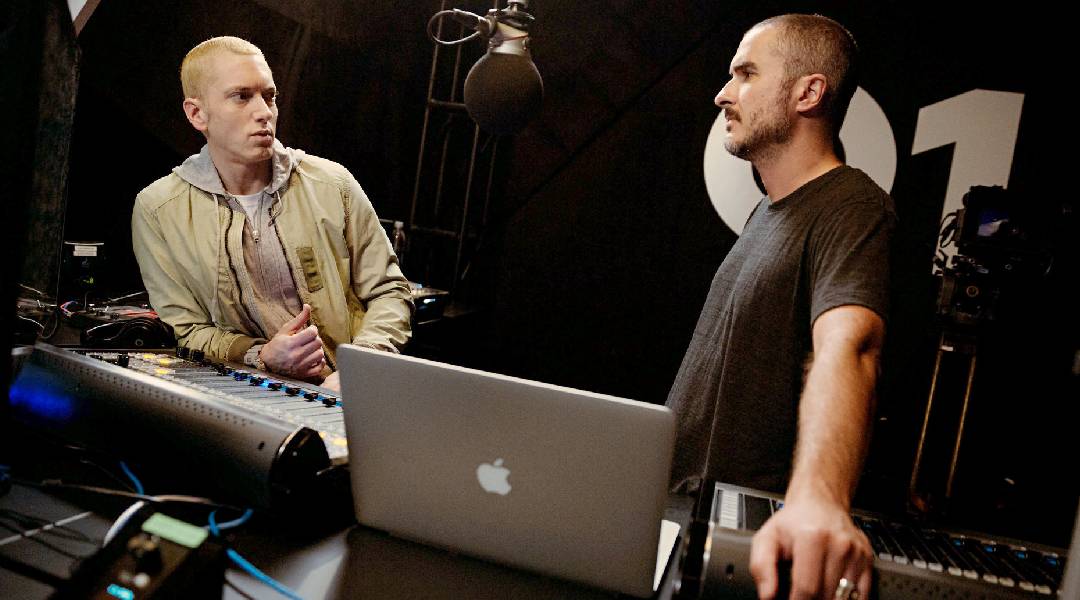Highs and lows: The Boys, by Leo Robson, reviewed
issue 05 July 2025
The Boys, the entertaining debut novel by the literary critic Leo Robson, is set in Swiss Cottage during the 2012 London Olympics. Johnny Voghel is ‘methodically lying about’, home on leave from an admin job in the West Midlands and grieving both for his mother, who died the previous year, and – by extension – his father, who died when he was a child. A typical day is spent ‘smoking badly rolled cigarettes, watching the ring-fenced patches of grass suffer in the heat, nodding at passers-by, tweezing grey hairs from my nostrils and popping the spots on my chin’, before walking into the centre to gaze at the BT Tower with its Olympics countdown. On returning home, he flicks through books in bed, ‘looking for marginal comments that would remind me of my mother or father or of Lawrence [a half-brother], unlock a secret or hint at one, offer a glimpse of their dreams or invite them into mine’.
Robson skilfully portrays Johnny’s poignant efforts to overcome his feeling of atomisation and reconnect with the estranged, charismatic Lawrence, whom he lures back to London from Chicago with the aid of a Susan Sontag book. While the siblings feel their way around loss, grief and the tussle of family dynamics, a host of other characters circle around them. Various ensembles go on picaresque journeys through Olympics-gripped London, chatting about New Labour, social housing, Alt-J and new-wave cinema, and finally having a house party. Plot feels secondary to the experience of hanging out with this crowd, relishing their repartee and seeing where the day (or night) takes them.
In contrast to the pleasurably nerdy specificity and the optimism of the novel’s time and place are the seemingly ageless, aimless, depressed brothers at its heart. Johnny, we are told, is 30, yet the daily pattern of his and the older Lawrence’s life is more akin to that of a student than an adult, and he frequently slips into memories of his teenage years. In the tailspin of grief, the two are still just ‘boys’. They may know their way around north London but they’ve got lost on the path to adulthood. Fortunately, each brother finds in the other ‘the only person he can be himself with’.
Thus bolstered, Robson suggests, the two will be able to move on from lingering adolescence and, by the novel’s close, they have begun to embrace more grown-up responsibilities. This nostalgic trip to the heady London of the Olympics left me, like Johnny, returning to the present with renewed optimism and verve.












